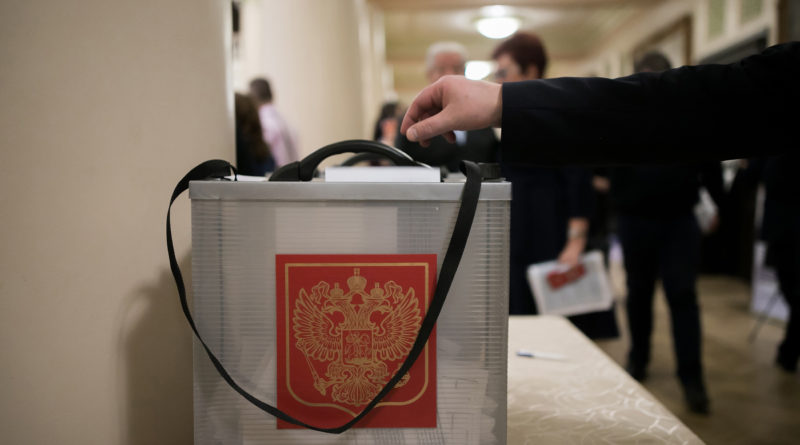Here’s What Happened at Elizabeth Warren’s Town Hall
51,980 total views, 1 views today
There is certainly no shortage of candidates vying for the 2020 Democratic presidential nomination. Elizabeth Warren, who is among the most prominent candidates in the running, recently held a town hall with CNN that has gotten both commentators and voters talking.
At this March 18th event at Mississippi’s Jackson State University, Warren announced her support for entirely eliminating the electoral college. She expressed this view when asked about her thoughts on expanding the right to vote to people who have previously been imprisoned. She began her response to this question by stating her belief that all votes should count, and then she stated that getting rid of the electoral college is the best way to do so.
Although the idea of eliminating the electoral college has been criticized by some, Warren’s statement was met with ample applause from the town hall audience. She also stated that the elimination of the electoral college could be especially relevant in Mississippi: due to the electoral college’s distribution of votes, she claimed, presidential candidates don’t visit Mississippi as often as they do other states such as Iowa, South Carolina, and New Hampshire.
Addressing the state of voting in America is nothing new for Warren: Her history of lambasting rampant voter suppression is widely reported. Her town hall remarks about expanding the right to vote were not out of character for her, but the event was the first instance of her expressing the desire to eliminate the electoral college.
Warren’s electoral college comments have been reported on more than anything else she discussed at her town hall, but there are certainly other important takeaways from the event. Throughout her campaign to date, Warren has addressed the prevalence of racism and discrimination in America, and many town hall attendees asked her questions about these topics. However, when Warren was questioned about whether the government should publicly, formally apologize for slavery, she didn’t quite commit to making reparations.
Warren began her response boldly, claiming that now is the time to start nationwide discussions about reparations at the federal level. She further endorsed the establishment of a congressional panel to further explore reparations. However, she deflected when CNN reporter and town hall host Jake Tapper asked her whether the government should give money to the communities most negatively impacted by slavery and its aftermath. All she said in response was that there are many possible ways to deliver reparations — at no point did she give Tapper a yes or no answer.
Perhaps most significant of all, though, was Warren’s most emotional moment at the town hall. Voters care deeply about knowing the struggles a candidate has faced so that they can see their own struggles reflected in the person for whom they’re voting. When Warren detailed the poverty that her family faced when she was young, tears welled in her eyes, and when her official Twitter posted a video of this moment, responses to it were quick, numerous, and often emotional.
Although Warren’s town hall was deeply informative, she still faces immense competition in the crowded Democratic primary. Close to a full year remains before the first 2020 presidential primary — much could change before then.

